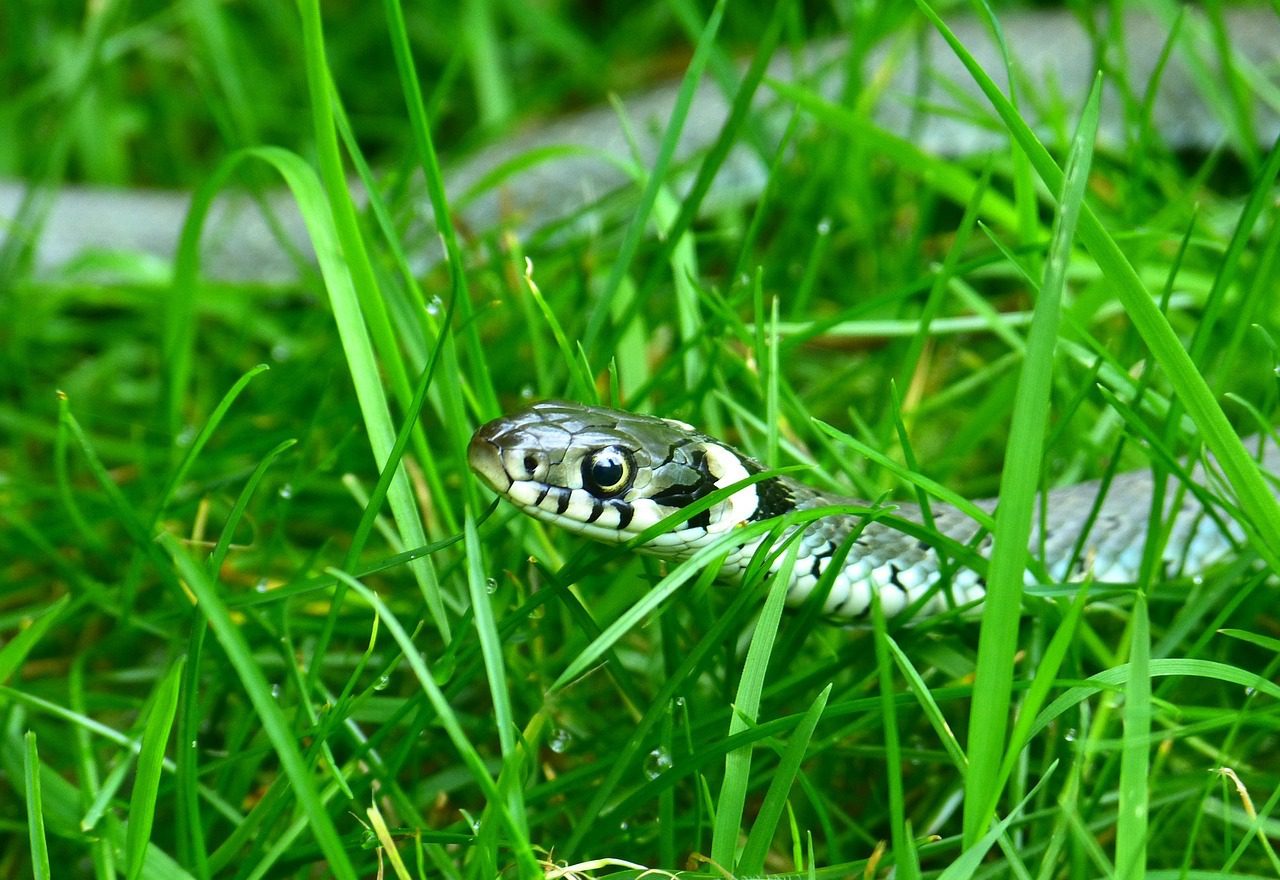OUR recent story about parents in Wokingham scared to let their children use a play area in case they were bitten by snakes or ticks hiding in long grass, generated a lot of comments from readers.
One such person was David Roland who said it was important to be aware of these annual summer hazards but not to exaggerate the risks.
David, from Wokingham, has led adventure groups on trips around the world including rafting in the Grand Canyon and canoeing and skiing. He has expert knowledge of the dangers of snakes and poisonous insects in different countries.
“Is it necessary to be frightened of snakes in the UK? Probably not as the last person to die was in 1975,” said David.
“Human fatalities are exceptionally rare in Great Britain. There have been fourteen recorded human deaths from adder bites since 1876. In recent decades there have been a number of life-threatening adder bites where the patient has suffered effects of such severity that the bite almost resulted in death.
“Across Europe, around four people die from venomous snakebite each year, though this includes bites from species with more potent venom than adders.”
While leading canoe trips, David learnt about the dangers of Weil’s disease, a serious infection transmitted by rat’s urine in water. It can cause renal failure, jaundice and respiratory problems.
“People need to be aware rather than scared,” said David.
“In Australia, more people die from seeing spiders than from spider’s bites. Someone is driving a car and a spider appears from behind the steering wheel, they panic and lose control of the car.
“People need to be informed and then they know how to react and behave. With ticks, we need to be aware of them rather frightened. If you have knowledge then you know what to do.
“Again, do not be too frightened of ticks, But be aware of them and what to do.”
David suggested parents or anyone else concerned about snakes or ticks or any other insect, should get proper information from the following government health pages: Https://ukhsa.blog.gov.uk/2022/04/13/what-is-lyme-disease-and-why-do-we-need-to-be-tick-aware/




















































